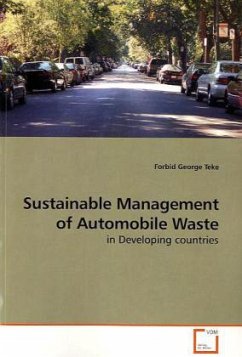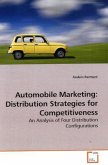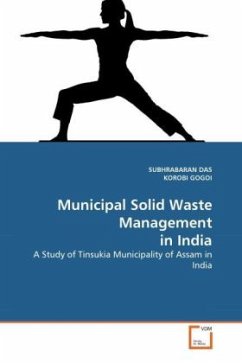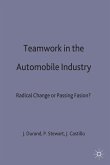Manufacture and exportation of vehicles is an ever-growing global business due to the wide use of automobile for personal and public transport. This causes enormous environmental, socioeconomic and health impacts resulting from emissions and waste disposal. Developing countries are main importers of used vehicles due to their cheap and affordable cost. Haphazard dumping of the issuing automobile waste due to lack of efficient waste management system creates serious impacts against principles of sustainable resources management. This study evaluates the current state of generation and management of automobile waste within prevailing policy, socioeconomic and environmental constraints specific to developing countries. Results showed that the absence of an effective legal framework governing importation of used vehicles coupled with inefficient maintenance culture is responsible for the increasing automobile waste generation. Few automobile waste components are recycled locally or exported while the rest are dumped amongst commingled municipal solid waste. Finally a cost effective integrated waste-to-wealth management strategy underpinning resource and energy recovery is proposed.
Bitte wählen Sie Ihr Anliegen aus.
Rechnungen
Retourenschein anfordern
Bestellstatus
Storno








